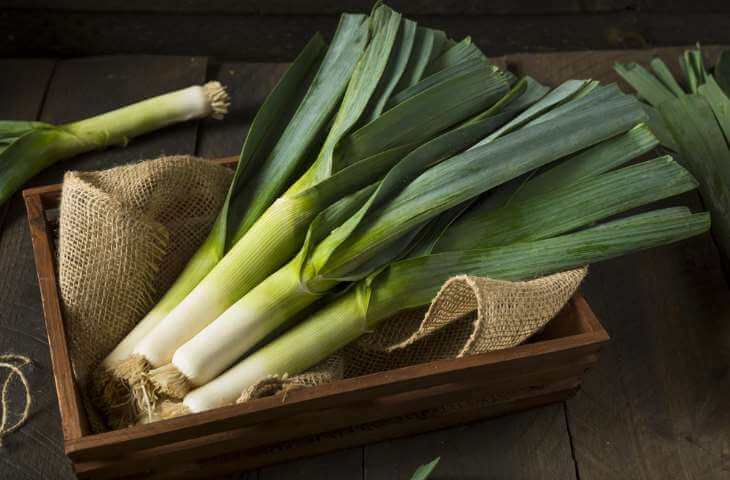
The Leek is a national emblem of Wales. On St. David’s day, people can be seen wearing a leek on their clothing. Legend has it that the leek is said to have been worn by Welsh soldiers in battle against the Saxons. During Elizabethan times, Shakespeare refers to the custom of wearing a leek as an “ancient tradition”, and his character Henry V tells Fluellen that he is wearing a leek “for I am Welsh, you know, good countryman.” – historic-uk.com
from: Richmond Guardian, (Vic: 1884-1930), Saturday 28 July, 1906, page 3
A Welsh Story.
In the old driving days, before railways extended to that remote part of Wales, the Ivy Bosh Hotel, Carmarthen, was much frequented by commercial travellers, where in the evening, men of the tradesmen of the town, resorted to spend a pleasant hour with their friends. Upon one occasion the conversation turned upon the subject of national emblems, such as why England adopted the rose, Scotland the thistle, Ireland the shamrock, and Wales the leek.
Definitions were given, many of which created great laughter. One gentleman from the neighborhood of Whitechapel, who considered himself witty, without thinking where he was, and I believe without intending to offer the slightest insult related the following narrative why the Welshmen wore the leek on the 1st of March:
“Many years ago, the mountains of Wales were very much infested with monkeys, who used to go into the village at night and commit vast depredations to the great loss and annoyance of the Inhabitants. A petition was sent to the King; requesting that a regiment of soldiers might be sent to shoot the monkeys. On the first night the soldiers shot more Welshmen than monkeys.. On this being reported to the authorities, an order was issued that every Welshman should wear a leek in his hat so to distinguish him from a monkey!*
This aroused the ire of the Welshmen to such a pitch that they jumped up, seized Mr. Moses, and would have lynched him, had it not been for the interference of the other gentlemen in the room, who got him out by the back door, had his horse harnessed, and started him off for Haverfordwest. It Is not known that he ever paid another visit to Carmarthen.
1906 ‘A WELSH STORY, Richmond Guardian (Vic. : 1884 – 1885; 1894 – 1897; 1900 – 1930), 28 July, p. 3. , viewed 28 Nov 2023, http://nla.gov.au/nla.news-article263643299

© 2023 Copyright. all rights reserved: haverfordwesthistory.com